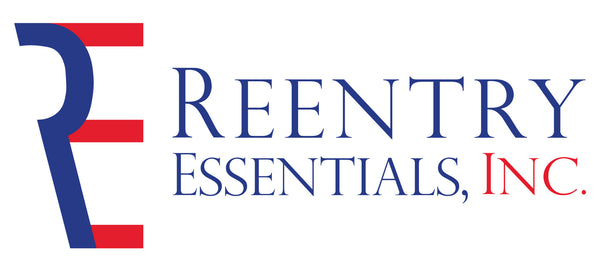Debit Card Basics
Using Debit Cards
While credit cards allow you to purchase now and pay later, debit card transactions are paid instantly, not in the future. A debit card is tied directly to a checking account, so when you make a purchase with that card, money is withdrawn from your account.
Consumers concerned with debt load can limit their spending by using debit cards, which only allow them to spend what is in their limited checking account funds.
Choosing a Debit Card
Selecting a debit card can be simpler than choosing a credit card—for example, you won't need to think about interest rates—but there are a few key factors to consider.
- Look for banks or credit unions with branches near you.
- Investigate fees the bank will charge if you withdraw money from another institution's ATM.
- Consider transfer fees if you think you'll want to move money between your checking and savings accounts frequently.
- Select a debit card that will let you manage purchases, checks and bill paying from your smartphone.
Tips for Using Your Card
When using a debt card, consider these tips for managing your account.
- Keep sales and ATM receipts or copies.
- Always know your current bank account balance and available funds.
- Keep track of all transactions, including withdrawals that are still pending.
- Review monthly statements carefully. If you suspect a mistake or fraudulent use, contact your financial institution immediately.
Your financial institution may send alerts to your mobile phone when debit card activity exceeds your dollar limit, your online ID or passwords change, or large transactions are made.
Secure Your Information
Use of your debit card will require a Personal Identification Number (PIN) for security. Choose a unique number. Avoid obvious choices like your address or birthday. Keep the PIN private.
To keep your debit card PIN safe, avoid giving it out over the phone or in an email.
Know Your Limits
Many debit cards have daily spending and cash withdrawal limits that protect you in case your card is stolen. Remember, your card might be declined if you exceed your limits, even if you have enough money in the bank. Know your limits and contact your lender if you need to raise or lower amounts.
When you make a purchase, withdraw money from your account or pay bills in amounts that exceed your account balance, you may be subject to overdraft fees. Some cover your check or debit transaction so it doesn’t bounce. But you may be charged fees for being overdrawn and for each purchase that uses overdraft protection. Balance your account regularly to avoid added fees.
Temporary Holds on Cards
Sometimes when you use your debit card for a "credit- type" transaction like reserving a hotel room, your financial institution may put a temporary hold on your account. Once the transaction is complete and the final bill is settled, the hold will be released.
Many people opt to use a credit card in these situations so they don't tie up their checking account balance.
Extra Protections
Many of the same features and protections offered by credit cards are also offered by debit cards, including:
Zero Liability
You are generally not liable for unauthorized purchases on your debit card as long as you notify your financial institution immediately.
Funds and Fraud
Federal law mandates that financial institutions replace funds for losses resulting from fraudulent use within 10 business days of notification.
The Right to Dispute
You may have dispute resolution options should an issue arise with a debit card purchase. The often applies to signed purchases only, check your card issuer.
Plan Ahead
Like credit cards, debit cards are accepted at millions of locations worldwide. Before you travel, remember to notify your financial institution of your plans. Using your card across state and international lines can cause your institution to flag and even freeze your card.
To View a PDF version of this article click Here
